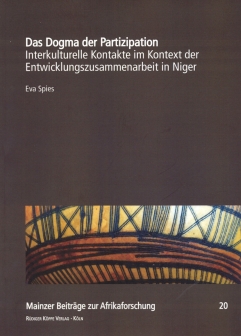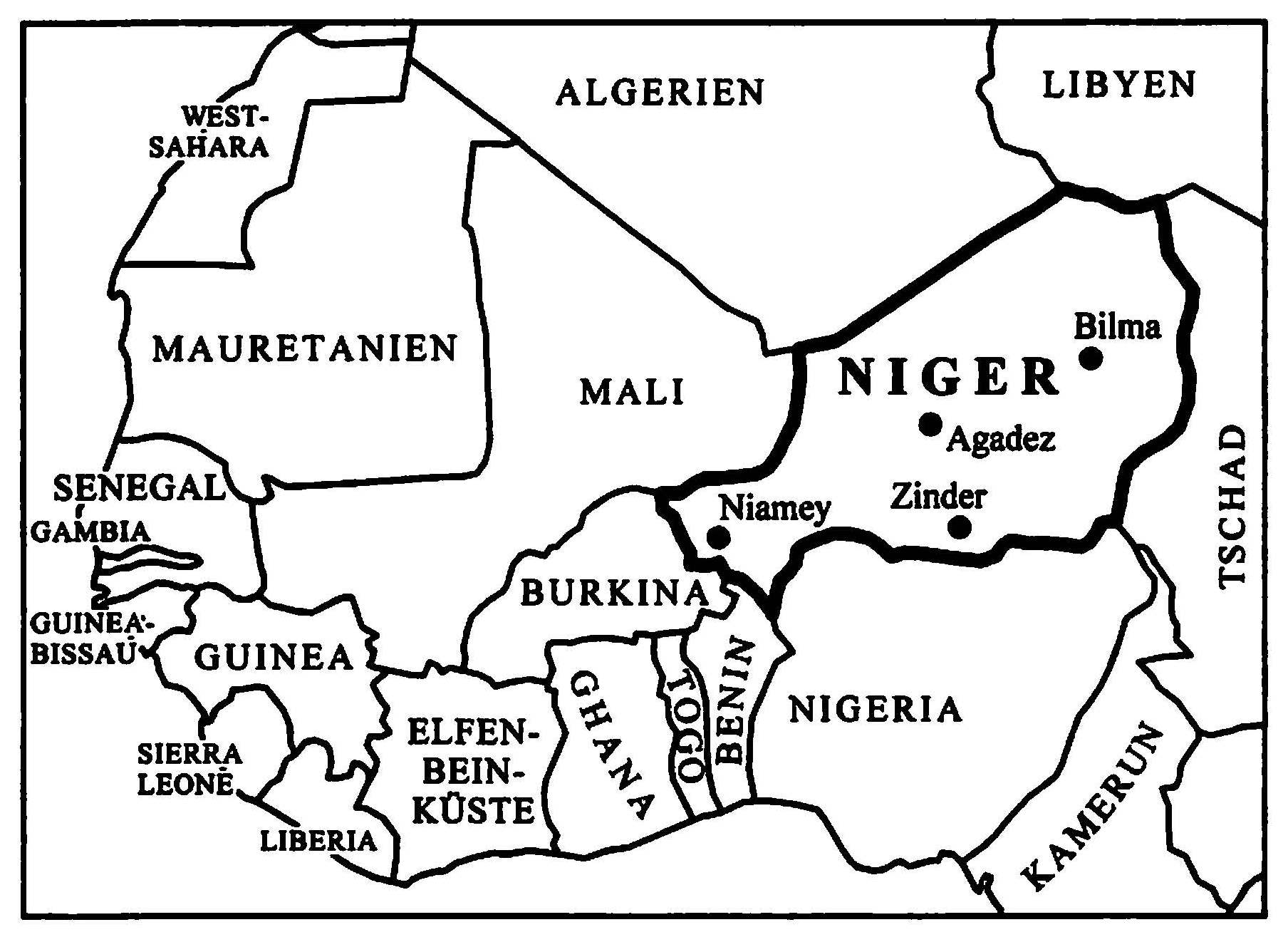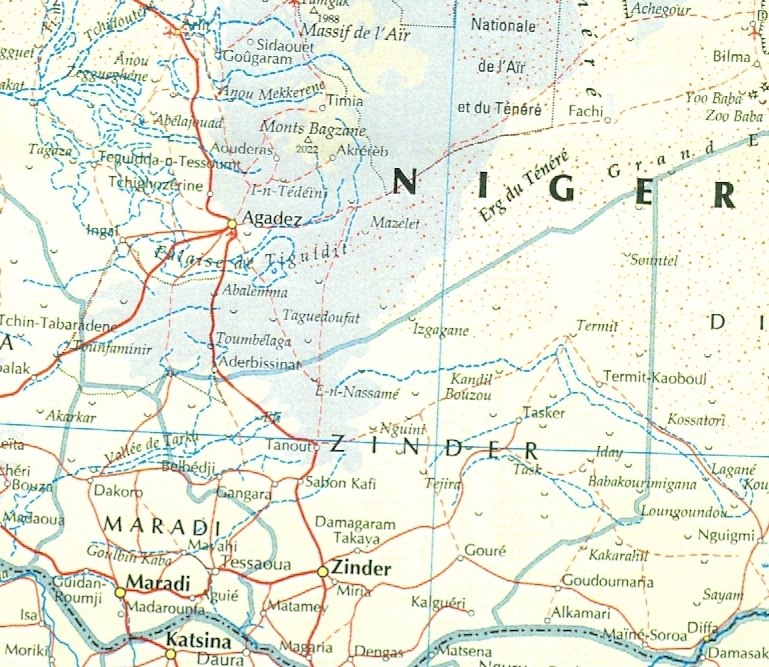


Das Dogma der Partizipation
Interkulturelle Kontakte im Kontext der Entwicklungszusammenarbeit in Niger
Author: Eva Spies. With a preface by: Thomas Bierschenk. Series edited by: Thomas Bierschenk, Anna-Maria Brandstetter, Raimund Kastenholz, Matthias Krings, Carola Lentz.
Series: MBA Mainzer Beiträge zur Afrikaforschung Volume 20
2009333 pp.
2 maps
Text language(s): German
E-book
€ 49.80
Buy 'Das Dogma der Partizipation' as a downloadable PDF document directly from our online shop »
Participative Development refers to a model of collaboration which claims universal application within development cooperation. But if one studies – as done in this book – everyday encounters of developers and the people to be developed, then participative development becomes visible as a specific mode of understanding the unknown which cannot be transferred into different cultural contexts without further ado. Furthermore it becomes apparent that participative development is making contradictory demands on the appropriate dealing with the ones to be developed, because the difference between the developers and those is supposed to be acknowledged and simultaneously negotiated.
The book is based on an anthropological fieldwork in the city of Zinder (Republic of the Niger): In interchange with the inhabitants of Zinder the participative ideal of understanding is a premise of many development aid workers for ethical acting; though its paradox demands have a share in the fact that development aid workers’ experience such contacts as a dilemma situation they can only elude by avoiding contacts. So it seems like just the participative ethics of understanding the unknown inhibits a real cooperation.
About the author:
Dr. Eva Spies holds a Junior Professorship for Religious Studies focusing on Africa at the University of Bayreuth / Germany. Until April 2014 she was a researcher at the Department of Anthropology and African Studies of the Johannes Gutenberg-University, Mainz / Germany.
In our programme, further studies on history, cultures and Berber languages in Niger have been published, see the following links:
Accompanying material:
- Alltägliche Zauberei
(ISBN 978-3-89645-310-5 ) - Brunnen und Felder
(ISBN 978-3-89645-895-7 ) - Hirtenarbeit
(ISBN 978-3-89645-206-1 ) - L’Histoire du Niger, transcrit du touareg de l’Ayr
(ISBN 978-3-89645-953-4 ) - Lehrbuch der Hausa-Sprache mit Audio-CD
(ISBN 978-3-89645-008-1 ) - The Tamasheq of North-East Burkina Faso – a Learner's Grammar
(ISBN 978-3-89645-919-0 ) - Tuareg Elementary Course (Tahaggart)
(ISBN 978-3-89645-929-9 )
Cross-reference:
- 50 Jahre Unabhängigkeit in Afrika
(ISBN 978-3-89645-829-2 ) - A Grammar of Ayer Tuareg (Niger)
(ISBN 978-3-89645-930-5 ) - A Grammar of Tadaksahak
(ISBN 978-3-89645-931-2 ) - Auf dem Boden der Tatsachen
(ISBN 978-3-89645-828-5 ) - Entwicklungsmakler, Kleinunternehmer, Dienstleister?
(ISBN 978-3-89645-823-0 ) - Le tetserret, langue berbère du Niger
(ISBN 978-3-89645-938-1 )
Reviews
Ulrich Oberdiek in Anthropological Abstracts, 8/2009, 107-108
| « back | Print version | [top] |
 Books
Books Audio
Audio Biographies
Biographies Series
Series Festschrifts
Festschrifts Journals
Journals